Voluntary Participation
Mediation is entirely voluntary, whether initiated independently, in compliance with a contractual undertaking or through court direction. While parties may be directed to participate in mediation during litigation, their continued participation remains voluntary. This commitment to participate in the mediation process is formalized through a mediation agreement at the outset.
Strict Confidentiality
Confidentiality is maintained at two levels:
1. Joint meetings: All discussions and disclosures during joint mediation sessions remain confidential.
2. Side meetings: Individual sessions between the mediator and each party are strictly confidential, with information shared only with explicit permission.
Without Prejudice
All mediation discussions are conducted without prejudice, meaning that statements and concessions made during mediation cannot be used in subsequent litigation. This protection allows parties to speak freely and explore solutions without compromising their legal positions.
Impartial Facilitation
Our mediators maintain strict neutrality and independence. They guide the process but do not provide legal advice or judge the merits of either party's position. Instead, they create a safe environment for open discussion and facilitate the exploration of mutually beneficial solutions.

Cost-Effective: Mediation typically costs significantly less than litigation, especially when initiated early in a dispute.
Time-Efficient: Unlike court proceedings, which can take years, mediation offers a much quicker path to resolution.
Creative Solutions: Mediation allows for flexible, creative solutions that may not be available through traditional litigation.
Forward-Looking Approach: While litigation focuses on past events, mediation looks forward to finding solutions that work for the future.
Relationship Preservation: The collaborative nature of mediation helps preserve business and personal relationships.
Higher Compliance: When parties craft their own settlement, they are more likely to honor the terms of the agreement.
Mediation can be beneficial at various stages:




